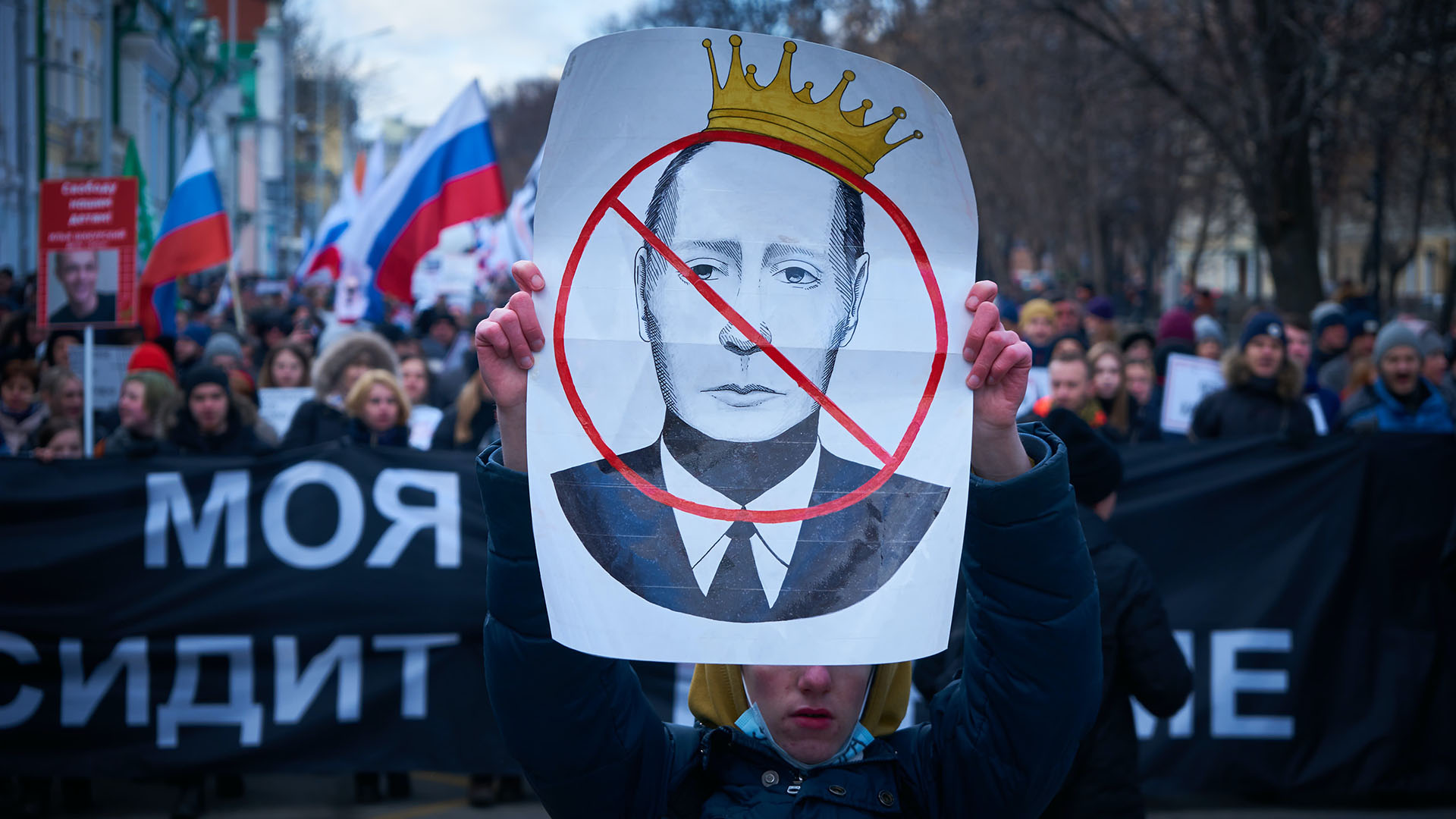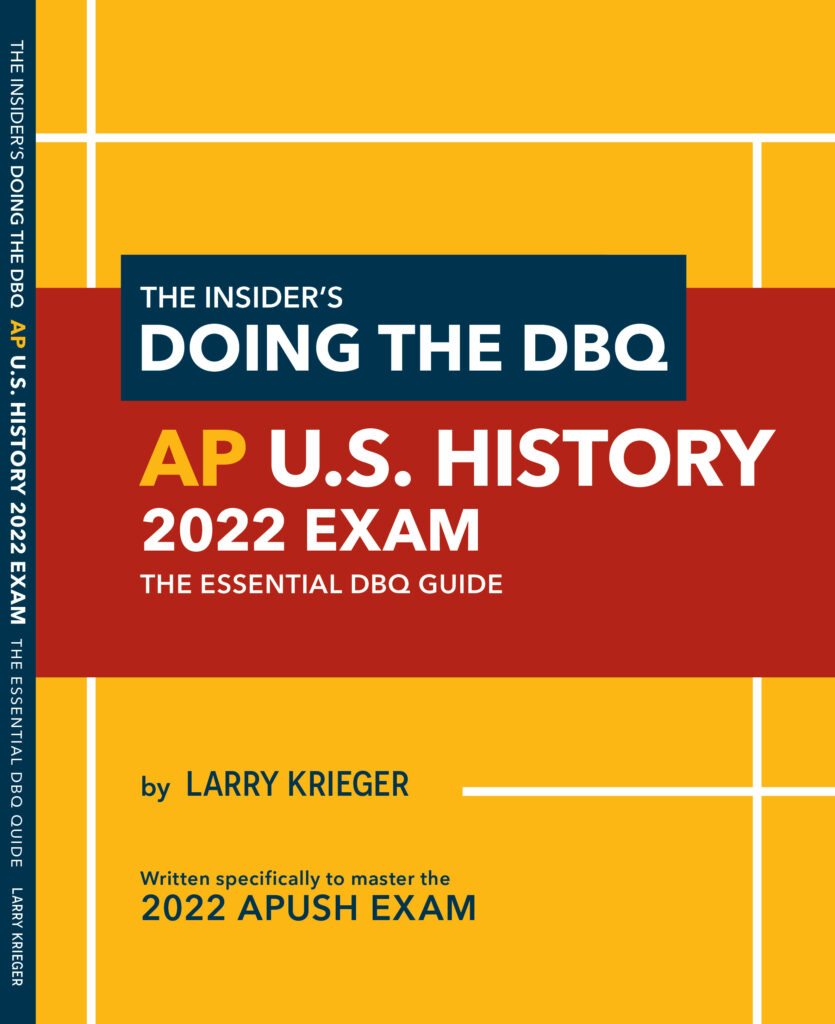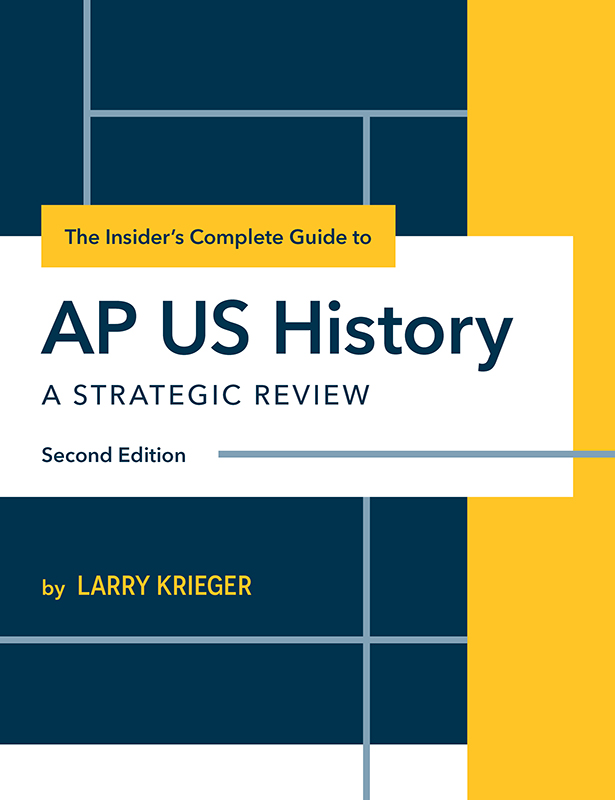Khrushchev, Putin, and Political Survival
“We are joining with our European allies to find and seize your yachts, your luxury apartments, your private jets. We are coming for your ill-begotten gains.”
The Russian invasion of Ukraine has cast a dark shadow across Europe. On Saturday March 26, 2022 President Biden delivered a speech in Warsaw, Poland that served as the capstone of his three-day trip to Europe. Biden forcefully defended the NATO alliance and spelled out the differences between democratic values andPutin’s authoritarian government. After describing the horrors being inflicted on the Ukrainian people, Biden concluded his speech by declaring, “For God’s sake, this man cannot remain in power.”
President Biden’s expression of moral outrage captured global headlines. His words also raised two pressing questions: How long can Putin remain in power? And can any group inside Russia remove Putin from power? A comparison of
Putin’s current situation with the situation faced by Nikita Khrushchev in1964 offers valuable insights into possible answers to these two questions.
“Hairbrained Scheming”
Khrushchev’s position as First Secretary of the Communist Party enabled him to dominate the Soviet government from 1953 to 1964. At first, he enjoyed notable successes by endorsing the production of consumer goods and by promoting the
Soviet space program. Cosmonaut Yuri Gagarin’s triumphant voyage around the Earth marked the high point of Khrushchev’s prestige and popularity. But Khrushchev badly miscalculated when he authorized the secret installation of nuclear missiles inside Cuba.
The discovery of the missile sites by a high-flying U-2 spy plane triggered the Cuban Missile Crisis. The Cold War’s most dangerous confrontation ended when Khrushchev backed down and agreed to remove the missiles in exchange for an American pledge not to invade Cuba. Secretary of State Dean Rusk proudly observed, “We were eyeball to eyeball, and I think the other fellow just blinked.”
The Soviet leadership viewed Khrushchev’s “blink” as a humiliating blow to their prestige. Khrushchev’s setback in Cuba and a faltering economy stirred his opponents to action.
The Soviet Union did not have an established procedure for transferring power from one leader to another. On October 3, 1964, Khrushchev left Moscow to vacation in Crimea. Disgruntled rivals used his absence to secretly plot his removal from power. On October 13th, they summoned Khrushchev back to Moscow. Faced with the united opposition of leading Communist Party officials, Khrushchev resigned. A few days later, the Communist Party’s official newspaper castigated Khrushchev for “hairbrained scheming, immature conclusions, and hasty decisions.” The once all-powerful Soviet leader spent his final lonely years living in a dacha outside Moscow.
A Cautionary Lesson
Khrushchev’s abrupt fall from power provides a cautionary lesson for President Putin. Like Khrushchev, Putin has suffered a massive setback in foreign affairs. At the same time, punishing Western sanctions threaten to cripple the Russian economy. Putin is aware of the potential dangers posed by a costly military quagmire and a struggling economy.
Putin is also aware that there are significant differences between his political situation and that of Khrushchev. Unlike Khrushchev, Putin does not have to deal with powerful rivals working inside an entrenched Communist Party. Instead, as his autocratic tendencies deepened, Putin has removed constitutional restrictions on his power.
The Oligarchs – “We are coming for your ill-begotten gains”
The oligarchs are a small but incredibly wealthy group of Russian business leaders.
The United States and its allies are targeting the oligarchs as a way to turn them against Putin. In his State of the Union address, President Biden warned, “We are joining with our European allies to find and seize your yachts, your luxury apartments, your private jets. We are coming for your ill-begotten gains.”
High profile seizures of luxury yachts attract headlines. But will they persuade oligarchs to challenge Putin? It is important to remember that the oligarchs are beneficiaries of Putin’s corrupt system. Thus far, none of them have been brave enough to directly confront Putin.

Photo by Valery Tenevoy on Unsplash
The Siloviki – “People of Force”
The oligarchs possess enormous wealth but limited political influence over Putin. Russia’s real political elite consists of an inner circle of close associates known as the siloviki or “people of force.”
The siloviki are both ruthless and fiercely loyal to Putin. They occupy positions of great power in the Defense Ministry, the Russian Security Council, and the Federal Secret Service or FSB. As the successor to the feared Soviet KGB, the FSB’s responsibilities include internal security and surveillance of Russian citizens. The FSB has a well-deserved reputation for a willingness to use force to repress the Russian people.
The Streets and Grieving Mothers
The oligarchs and siloviki appear unlikely to offer Putin organized resistance. Putin has thus far enjoyed the support of most Russians by strictly controlling the flow of news about his “special military operation.” With the last remaining independent media closed, state television does not report the daily atrocities taking place in Ukraine.
Putin’s information blockade can’t prevent Russian mothers form learning why their sons won’t return from Ukraine. Thousands of Russian soldiers have now died in battle fighting an unjust war. The Union of the Committee of Soldiers’ Mothers of Russia will ultimately learn that their sons won’t return home. The knowledge and pain of this loss will also be felt by family and friends.
As a student of Russian history, Putin knows that a power elite of Party officials ousted Khrushchev. He also knows that in 1917 street demonstrations in St. Petersburg precipitated the fall of Czar Nicholas II. Although the oligarchs and siloviki seem unlikely to begin an uprising against Putin, grieving Russian mothers may begin public protests. Putin’s black-clad security forces have forcibly arrested over 15,000 demonstrators. But they may hesitate to arrest grieving Russian mothers carrying pictures of their lost sons.
The Next Act
The great Soviet era writer Aleksandr Solzhenitsyn wrote in the following in the Gulag Archipelago: “Thus it is that no cruelty whatsoever passes by without impact. Thus it is that we always pay dearly for chasing after what is cheap.” Putin thought he would achieve a quick and cheap victory in Ukraine, but he is paying dearly now and the final bill has not yet arrived.
FOR DISCUSSION AND WRITING
- List two ways in which the crisis situations faced by Khrushchev and Putin
are similar. Let two ways in which they are different. - Write a brief position paper in which you answer this question: Can Putin
survive? - “We always pay dearly for chasing after what is cheap” – Write a brief essay applying Solzhenitsyn’s observation to the war in Ukraine.
FOR FURTHER INFORMATION
Today’s Commentary drew upon information and insights from Khrushchev, The Man and His Era by William Taubman, The Cold War, A New History, by John Lewis Gaddis, “Ukraine Conflict: Who’s in Putin’s Inner Circle” by Paul Kirby, and “Inside Putin’s Circle, The Real Russian elite” by Anatol Lieven

Larry Krieger
Author · Instructor





